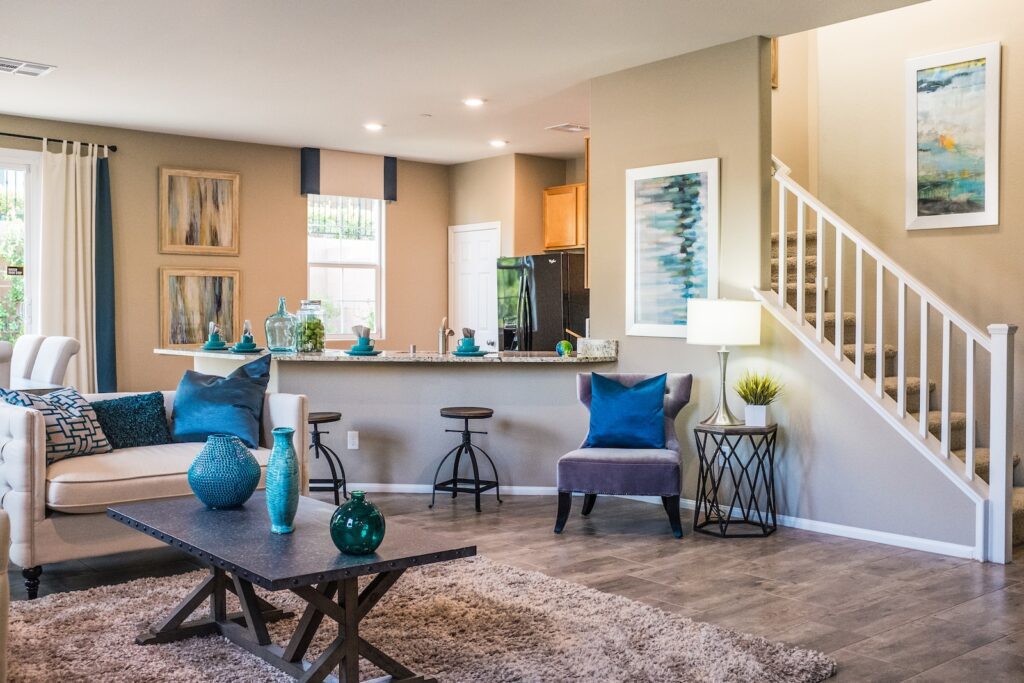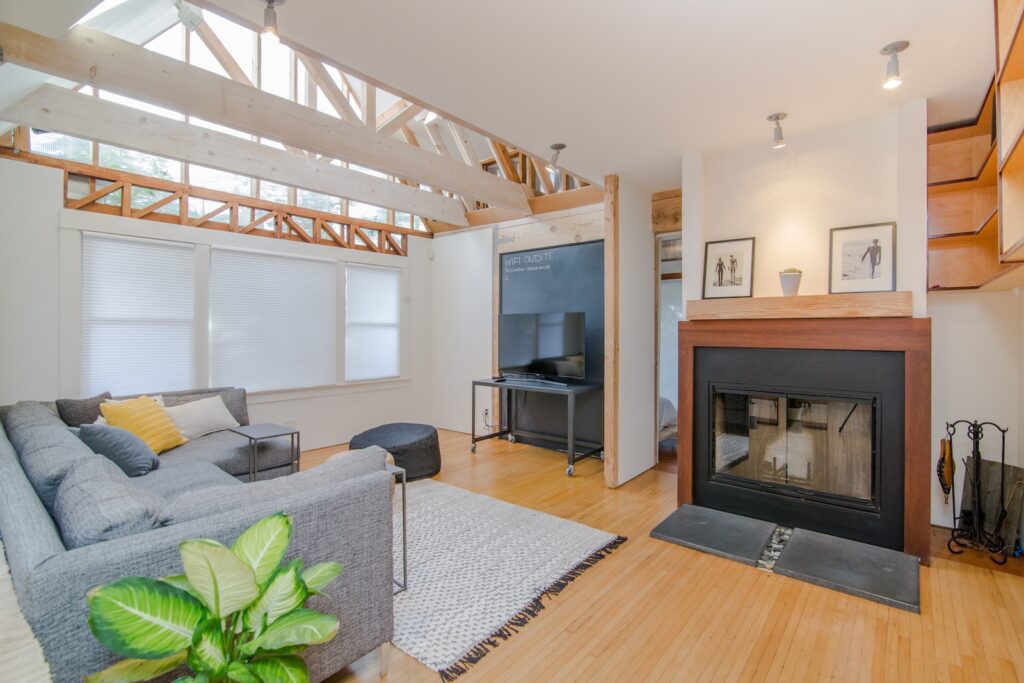Introduction
Deciding on the perfect residence is a significant life choice, and it often boils down to one fundamental question: Should you rent or buy? Both options have their merits and demerits, and finding the right answer requires careful consideration of your unique circumstances and financial goals. In this comprehensive guide, we will explore the pros and cons of renting and owning a home, helping you make an informed decision that suits your needs.
Table of Contents
Home Renting: The Pros
Freedom from Maintenance Costs:
As a renter, you are not responsible for most maintenance and repair costs. When something breaks or needs fixing, your landlord is usually the one footing the bill. This arrangement can lead to significant long-term savings compared to homeowners who must cover all maintenance expenses themselves.
Lower Initial Costs:
Renting a residence generally comes with lower upfront expenses. Unlike homeownership, where substantial down payments and closing fees are the norm, renting typically involves just a security deposit and the initial month’s rent. This affordability allows for easier entry into housing, making it attractive, especially for those on a tight budget.
Enhanced Flexibility:
Renting offers unmatched flexibility. You can choose to move when your lease is up without the hassle of selling a property. This is especially advantageous if you anticipate the need for frequent relocations due to job changes or other personal reasons.
Predictable Monthly Expense:
Renters usually have more predictable monthly expenses. Rent amounts are typically fixed for the duration of the lease, providing stability in budgeting. Unlike homeowners who might experience fluctuating mortgage rates, renters can better anticipate housing costs.

Renting: The Cons
Lack of Equity Building:
The primary drawback of renting is that you don’t build equity in the property. Your monthly rent payments effectively contribute to your landlord’s mortgage, not your own asset. This means you won’t benefit from any potential appreciation in the property’s value over time.
Limited Control:
Renters have limited control over the property. You must adhere to your landlord’s rules and regulations and may require permission for changes or improvements. For those who value autonomy over their living space, this can be a significant drawback.
Rent Increases:
Landlords have the prerogative to increase rent when your lease term ends. These increases can sometimes be substantial and unpredictable, making long-term financial planning more challenging for renters.

Owning: The Pros
Equity Accumulation:
Homeownership allows you to accumulate equity over time. As you make mortgage payments, your ownership stake in the property grows. Additionally, if the property’s value appreciates, you stand to benefit from the increase in its worth.
Full Autonomy:
Homeowners have complete autonomy over their property. You can make changes, renovations, and improvements as you see fit without seeking external approval. This level of control enables you to create your ideal living space.
Long-Term Stability:
Owning a home provides a sense of stability and belonging within a community. You are not subject to the whims of a landlord, allowing you to establish roots and create a stable environment, ideal for raising a family.

Owning: The Cons
Higher Upfront Costs:
One of the biggest obstacles to homeownership is the substantial upfront expenses. These can include a down payment, closing fees, and additional charges, which can be a significant financial burden.
Maintenance Expenses:
Homeowners are solely responsible for all maintenance and repair costs. These expenses can add up over time, and they require both financial resources and time commitment.
Limited Flexibility:
Owning a residence ties you to a specific location, making it challenging to relocate quickly if needed. The process of selling a house can be lengthy and intricate, requiring careful planning.
Conclusion
In the journey to find the perfect house, you must weigh the pros and cons of renting versus owning carefully. Renting offers lower initial costs, freedom from maintenance, and enhanced flexibility, but it lacks equity-building potential and can be subject to rent increases. In contrast, homeownership brings the advantages of equity accumulation, full control, and long-term stability but demands higher upfront and ongoing costs and ties you to one location. To make the right decision, consider your financial status, lifestyle, and future objectives. Ultimately, the perfect house is one that aligns with your unique needs and aspirations.